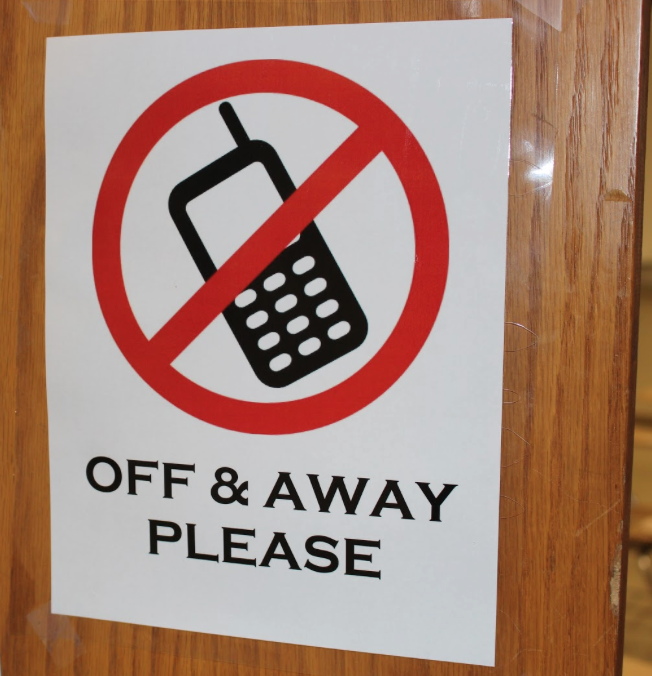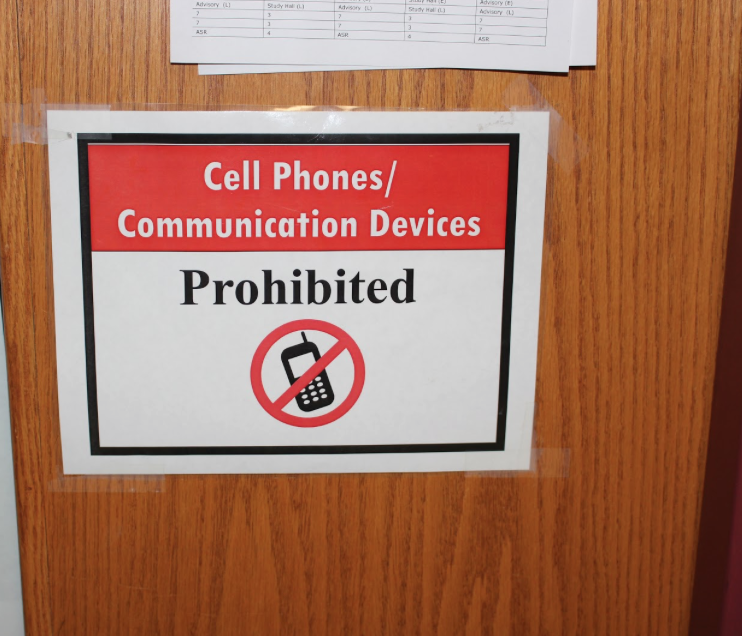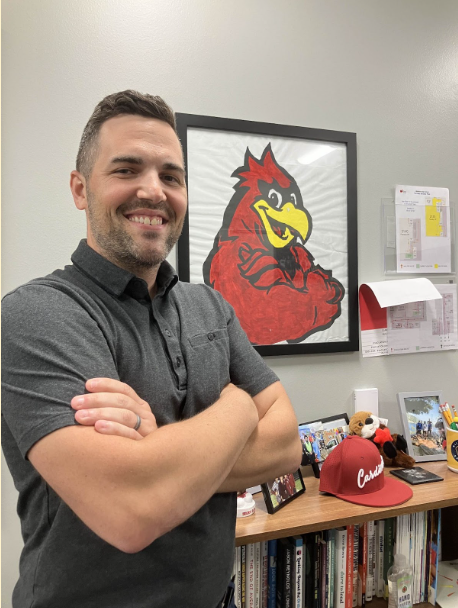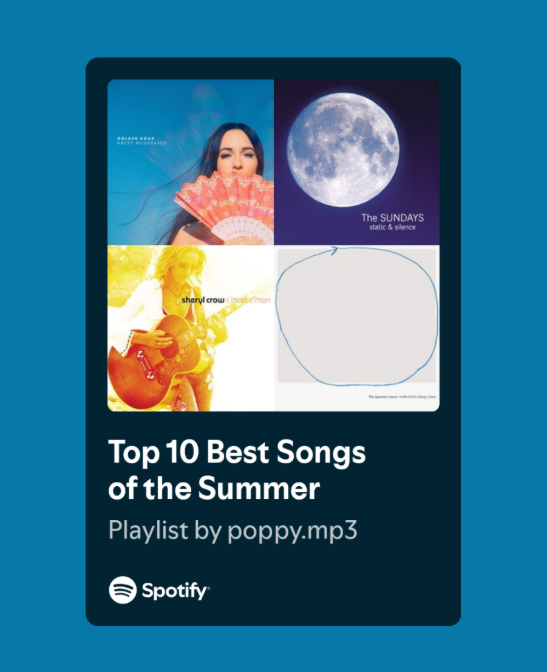The Cell Phone Epidemic
May 20, 2018
In this new age of technology, challenges specific to this generation plague the media. According to the ranting comments from parents and published studies from scientists and doctors, social media and excessive cell phone use is becoming an issue. Many adults will side with this negative perspective of cell phones, mostly attributed to the absence of cell phones in their youth, but what do the kids of this generation think? When asking Middleton High School sophomore, Gianna Fussell, about social media, she stated, “It’s good, but it allows you to see and post things that make you seem like a different person, that you don’t necessarily see the behind the scenes part of everyone’s lives.”
Fussell went into more detail describing her time away from social media: “I was off it from January 25th, 2018 to March 31st, 2018. It was refreshing; you weren’t seeing everyone else’s life, you were just like: this is my life.” In addition, junior Maia Brunel admitted, “Personally I use it a lot, I’m guilty of using it a lot, I think it can be used in a good way or a bad way. I mean body image is a huge thing. I’m always looking at the famous people and models, and they are all on my Instagram feed, and it kind of makes me feel bad when I don’t look like that, but I also think it can be really empowering. In a lot of ways you are able to connect with people you wouldn’t have been able to before.”
Although many stories and connections are created, an underlying theme of having to validate yourself through a more tailored view of your life seems to lurk in the shadows of social media. Despite the multitude of underlying issues, many adults fail to see some of the successes and connections made on social media, which Brunel touched on. Countless individuals who have now reached fame use social media as a way to share their fitness journeys, makeup skills, humorous videos, and sports accomplishments.
“As a society, if we strive to use it in a positive way, it can become strictly a positive platform,” Brunel answered, instantaneously regarding the solutions to the negativity from apps like Instagram. Fussell sat in deep thought for a minute when asked the same question; she responded thoughtfully:
“I think there will always be negative impacts with these unrealistic expectations on social media. I don’t think that will change, but putting more emphasis on the fact that your life is your life and another person’s is another person’s, and you are not seeing everything that is going on in their life, and they’re not seeing everything that’s going on in your life. That’s okay, and know that it’s okay if you don’t fit the social media expectations because no one really does.”

Concerned parents, doctors, and scientists aren’t just troubled with the reliance on social media, but many cite a new epidemic: Cell phone addiction.
“There are a lot of doctors and people that want to promote and officialize this “nomophobia” which is defined as no mobile phone phobia and make it an official medical term. There are a lot of people for that, and there are a lot of people against it.” Merriam Webster recognized the term giving nomophobia the definition: “fear of being without access to a working cell phone.” Based on the fact that my computer recognized the term; ‘nomophobia’ has been normalized in speech and writing. When asking Brunel about her thoughts on the ‘nomophobia’ argument and cell phone addiction she stated,
“I don’t think we can classify using your cell phone as an addiction, as a real addiction. I think there is an underlying thing; there is a behavioral issue there if you are using your cell phone that much. Part of me thinks that classifying that as an addiction undermines other addictions, real addictions like substance abuse, that’s a huge issue that affects people’s lives immensely.” Brunel explains, “I know a lot of people and seen addiction, and it’s a lot worse than being addicted to your cell phone.” The question to ask is where should the line be drawn for what classifies as an addiction?
Fussell had a more moderate view on cell phones she concluded that there are both positive and negative attributes to these devices: “They are an easy distraction. In social situations, if you are very nervous, they’re good to have . . . But also it causes you to be distracted all the time and be closed in rather than talking with actual people around you.”
Whether you agree with the frenzied adults, concerned scientists and doctors, or the kids from our generation, one can’t deny that there have arisen new issues which have never occurred on this scale.














